By any standard, Bunny Williams is a success. For 30 years she has helmed her eponymous interior design studio, along the way being named to the halls of fame of Interior Design magazine and the AD 100, among other accolades. The Bunny Williams Home collection encompasses indoor and outdoor furniture, rugs, lighting, fabric, and accessories. She’s written six books, and her interiors have been featured in countless magazines. It’s no wonder, then, that when she spoke at Manhattan’s D&D Building Spring Market in late May, it was to a standing-room-only crowd of fellow designers.
Williams earned her (elegant) stripes working at the legendary Parish-Hadley design firm, which she joined at the age of 23. “Being Albert Hadley’s secretary means that I went to the school of Parish-Hadley,” she said. That was hardly the only source of her design education, however. Before joining Parish-Hadley, Williams had worked at an antiques gallery and studied interior design. And then there was much in the way of education she took upon herself.
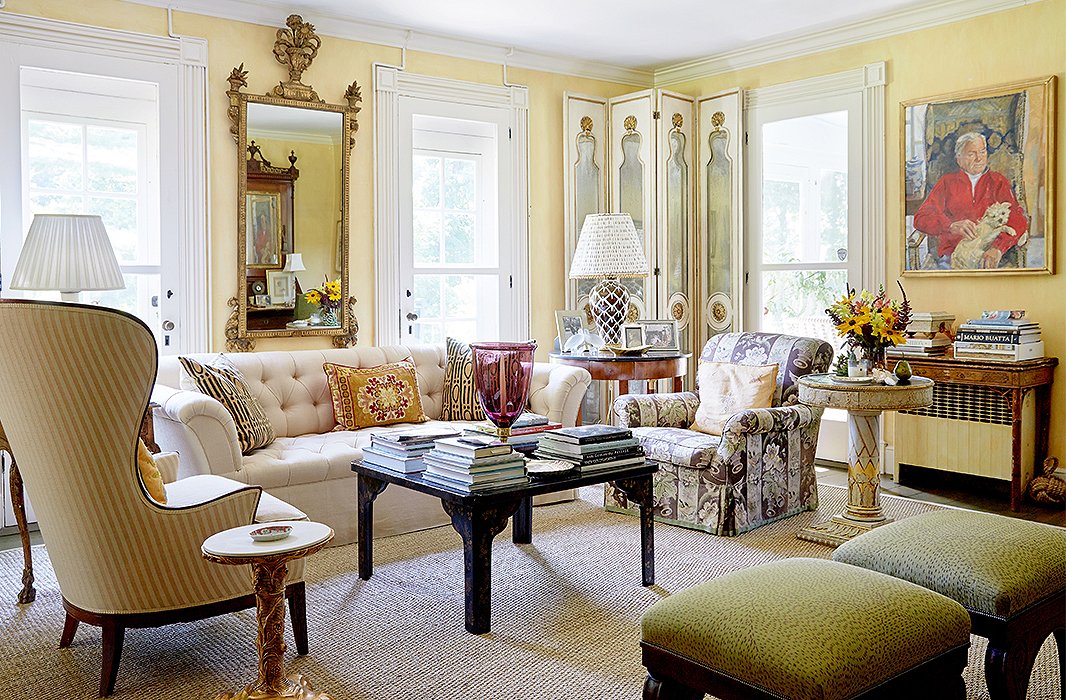
The elegant living room of Bunny Williams’s Connecticut country house.

The more you know, the more confidence you’ll have.
For one thing, “travel is essential. Cross it off your list!” she exhorted. Expose yourself to new aesthetics, new cultures, new ways of viewing the marriage of functionality and beauty. “Learn as much as you can about design. You’ll be a richer person. The more you know, the more confidence you’ll have.”
And if you want to set up your own shop—something Williams described as “exhilarating”—you need more than design acumen. “What’s more important beyond your creating skills are your business skills,” she emphasized. “You’ve got to understand the business.” In addition to seeking design mentors, look for business mentors as well.
The business, of course, has changed dramatically since Williams joined Parish-Hadley in 1967 and set up her own business in 1988. Consumers’ easy access to Pinterest, Instagram, and the like have created what Williams dubbed a “just-add-water mentality.“ Communicating the value of design professionals and the expertise they bring to decorating is a challenge, she admits. “How do we run our business when our clients can push a button and buy the sofa themselves?”
One way is to introduce consumers to possibilities they haven’t been exposed to and would never be able to envision themselves. And that comes back to continually exploring, absorbing, and expanding your points of reference and your ingenuity. “Knowledge and exposure are so important if you want to be good in this industry,” Williams insisted.
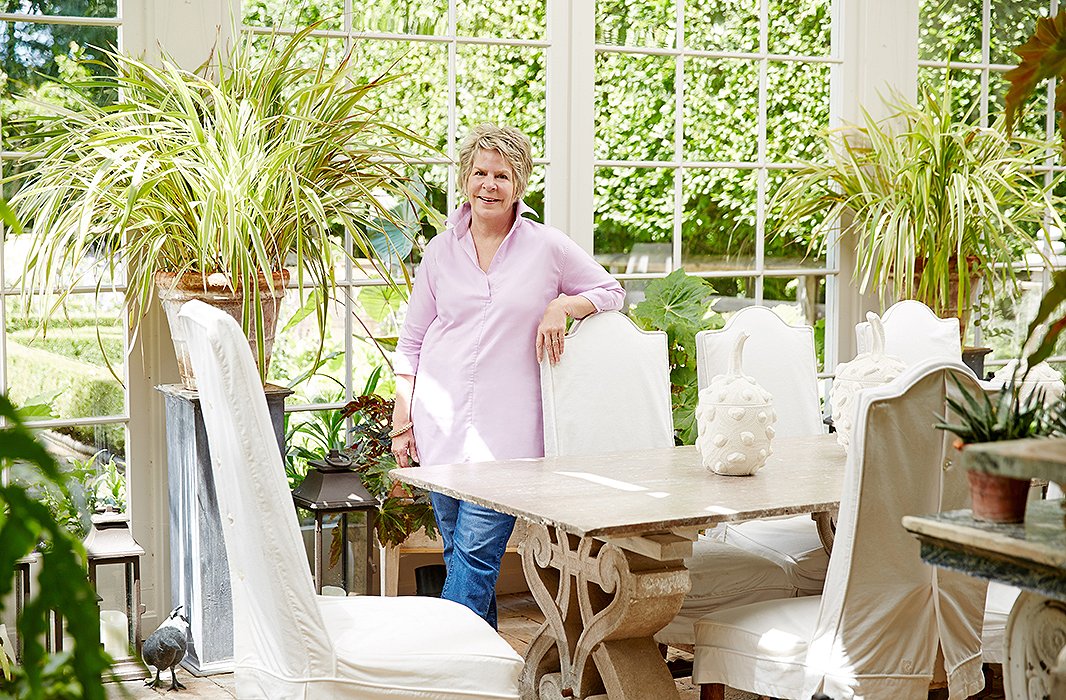
Designer Bunny Williams at home in Connecticut.
Related: Add “Education” to Your Designer Skill Set→
Shop Bunny Williams Home→

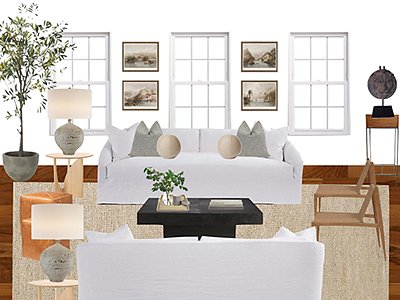

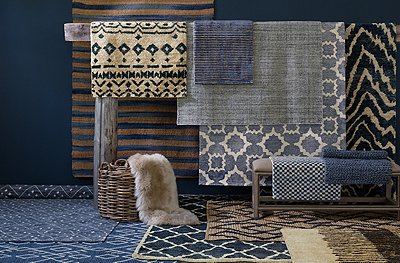
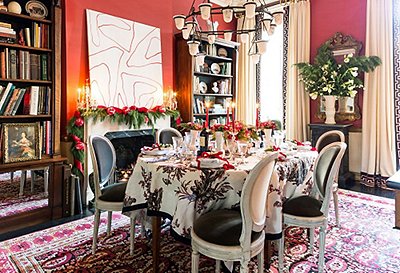
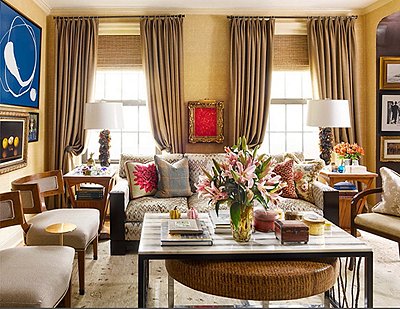
Join the Discussion